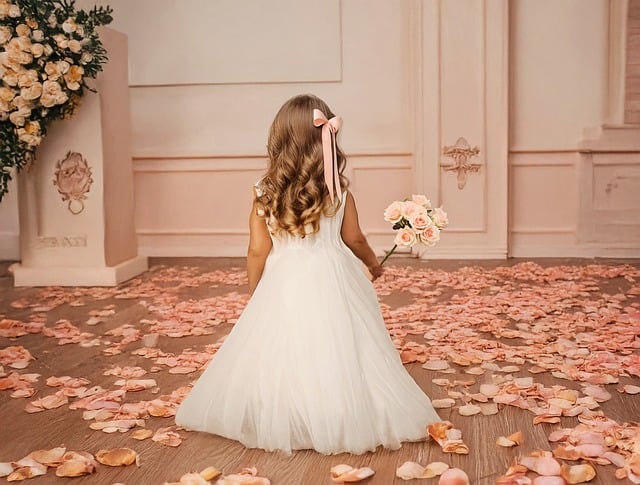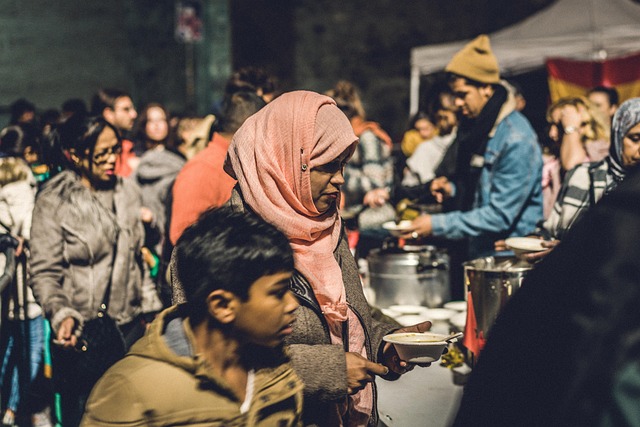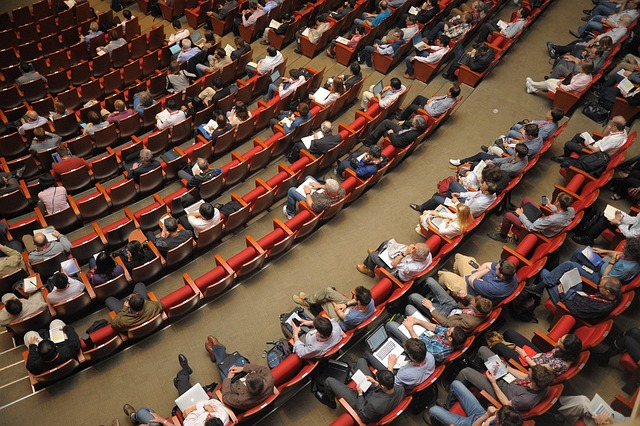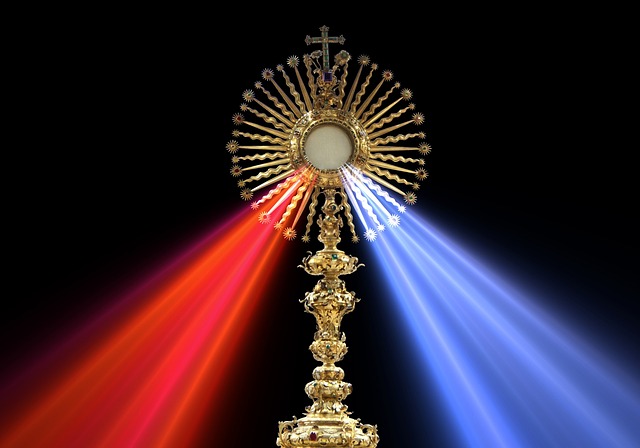The Sacred Union: Exploring the Role of Religion in Wedding Ceremonies
Weddings are more than just a formalization of a relationship; they are a profound representation of love, commitment, and the sacred bonds that tie us together. Throughout history, religion has played a critical role in shaping the customs and traditions associated with wedding ceremonies. For many couples, their spiritual beliefs are interwoven with the fabric of their union, making the religious aspects of the wedding an integral part of their journey together.
Across various cultures and faiths, the wedding ceremony often reflects the values and beliefs that the couple holds dear. In many Christian traditions, the sacrament of marriage is viewed as a covenant not just between two individuals but also with God. The church setting, prayers, and blessings signify a divine endorsement of the couple’s commitment. Couples often choose hymns or scripture readings that resonate with their relationship, creating a deeply personal atmosphere infused with spirituality.
Similarly, in Hindu weddings, the rituals are steeped in religious significance, often spanning several days. The Saptapadi, or the seven steps taken together, symbolizes the couple’s commitment to each other and their shared values. Each step represents a promise and a prayer, invoking blessings from deities for harmony, prosperity, and abundance in their lives together. This connection to the divine reinforces the belief that marriage is a sacred journey blessed by higher powers.
Even in non-traditional or secular ceremonies, many couples find ways to incorporate religious elements that resonate personally. An interfaith couple might blend traditions from both backgrounds, creating a unique celebration that honors their individual beliefs while also embarking on a shared path. This marriage of traditions not only enriches their wedding day but also sets the tone for their life together, highlighting the importance of love, respect, and acceptance.
The communal aspect of these ceremonies is equally compelling. Weddings often serve as a gathering of loved ones and friends, bringing together not just individuals but entire communities. Religious leaders often play a pivotal role in this convergence, guiding the couple through rituals and offering wise counsel. This emphasis on community underscores the notion that marriage is not just a private commitment but a celebration that resonates through shared beliefs and communal support.
As we explore the significance of religion in wedding ceremonies, it becomes clear that it adds layers of meaning to the marriage ritual. It allows couples to express their identities not only as partners but also as individuals shaped by their faith. For many, the religious teachings surrounding love and partnership offer guidance in navigating the complexities of married life. From the language of love in scriptures to ancient teachings on conflict resolution, these timeless lessons continue to influence couples as they embark on their new lives.
Ultimately, weddings are a tapestry of love interwoven with faith and tradition. Whether embraced fully or selectively, the role of religion in these ceremonies serves to enhance the emotional and spiritual experience for both the couple and their guests. It brings a deeper sense of purpose and meaning to the commitments made, creating a sacred space where love is celebrated and blessed.




